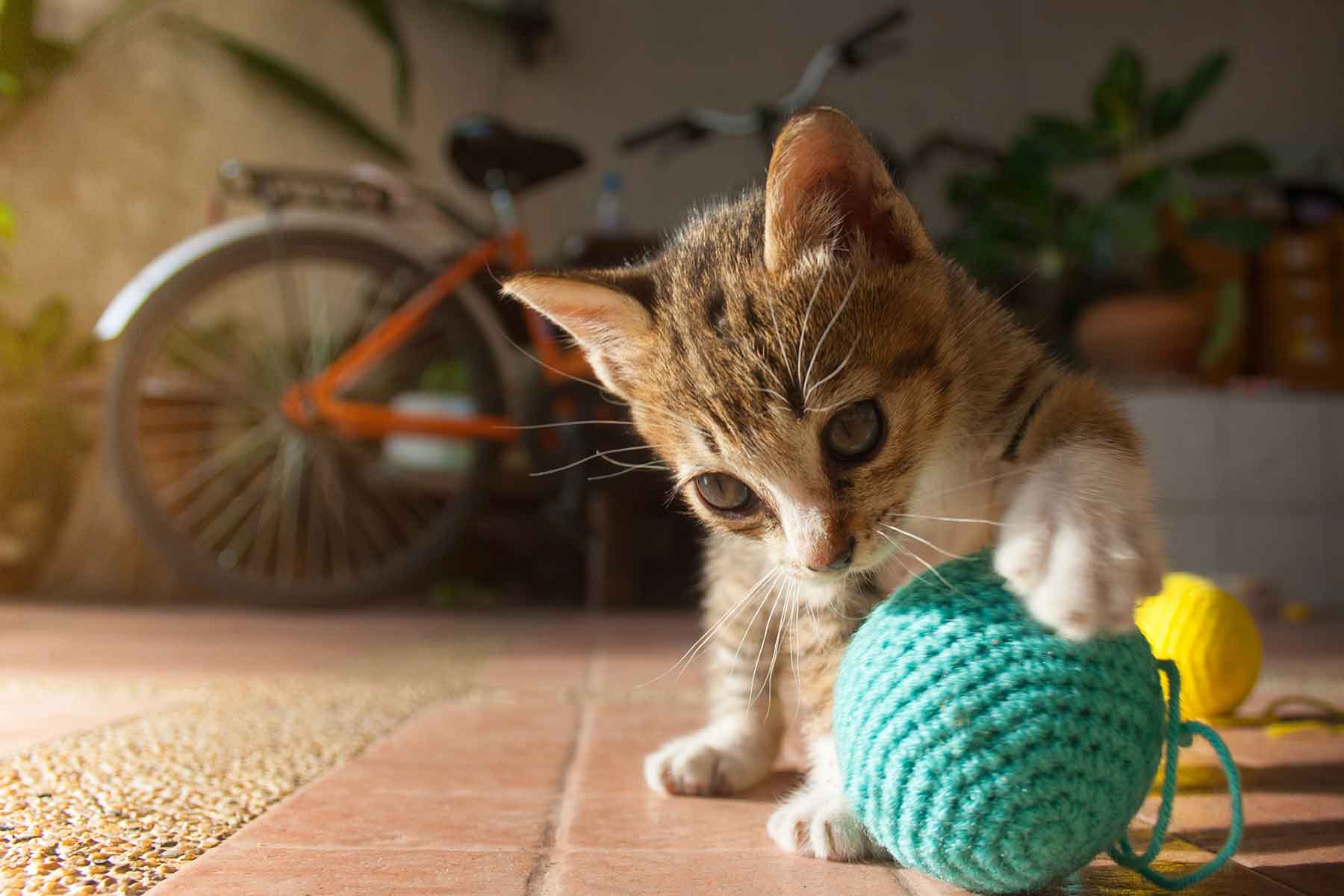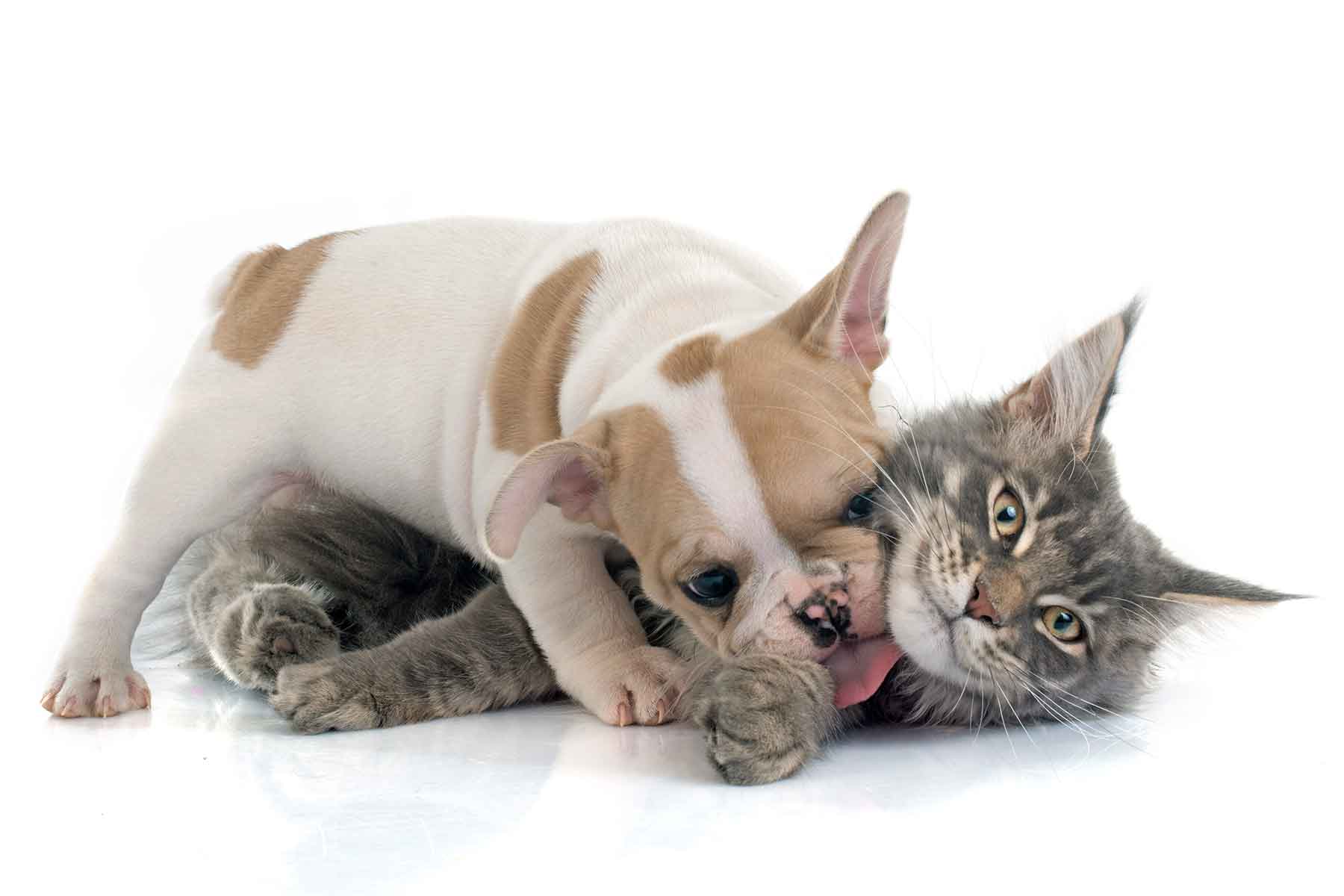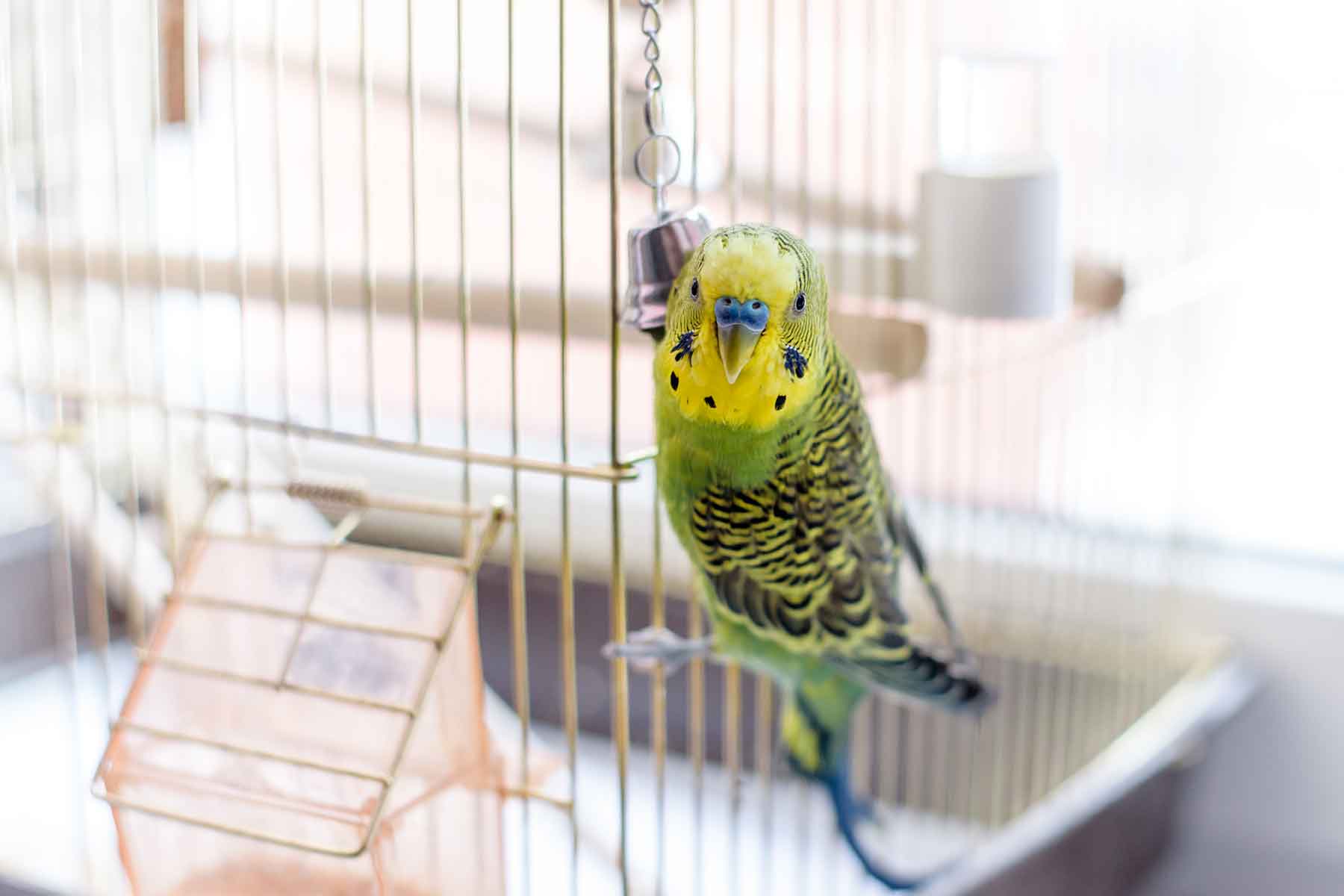Vomiting In Cats – Is It Normal Or A Concern?
One of the common symptoms veterinarians see in cats is vomiting. Agreed, vomiting isn’t a particularly nice subject but if you are a cat owner then chances are you have experienced either the sight or sound of a vomiting or gagging cat. So when should you be concerned? If your cat vomits once and there is nothing else unusual about their behaviour or their health and they return to their normal self straight away, then chances are your cat is probably ok. On the other hand if the vomiting continues and you notice any other signs discussed in this article then you may need to act. The most important thing to do is continue observing your cat closely – keep them inside and watch carefully for other changes.
What Signs Should I Look Out For?
So what changes should you look out for? If you notice any of the following signs occurring in your cat it is important to contact your veterinarian as soon as possible:-
- Continued vomiting (occurs multiple times throughout a day or continues for more than one day)
- Not keeping any meals down
- Change in appetite (eg. not interested in food)
- Change in drinking pattern (eg. drinking more water)
- Change in toilet pattern (eg. diarrhoea or increased frequency of urinating)
- Blood in the vomit
- Weakness/lethargy
- Any other signs of ill health or change in behaviour
- Any changes in grooming (eg. grooming more often)
If you are concerned after just one or two episodes of vomiting we prefer that you contact us and discuss your cat’s condition. We would rather you be an informed cat owner as opposed to a worried owner.
Checklist: What To Note & Take To The Vet
If it is time to take your cat to the vet here is a checklist of things to observe, and information to bring with you:-
- What did the vomit look like (colour/smell/unusual objects/hair)?
- When did he/she start vomiting, how many times, and when was the most recent episode?
- Any medication your cat is taking
- Any changes to your cat’s environment (eg. new cat in the neighbourhood, new plants in the house or garden)
- Any recent changes to your cat’s food/diet
- Any other recent behaviour or health changes
- If your cat has diarrhoea, then bring a sample (we know this is a nasty one, but it could help with diagnosis and treatment)
- Any recent household spills or accidents (even if you think your cat didn’t have access to the spill or accident area)
- Any new toys or items of interest they may have
Cats are masters of disguise, particularly when it comes to illness. Your role in noticing the most subtle of changes is imperative to picking up any problems early and can help prevent further illness and discomfort. Don’t hesitate to contact us should you have any concerns.











